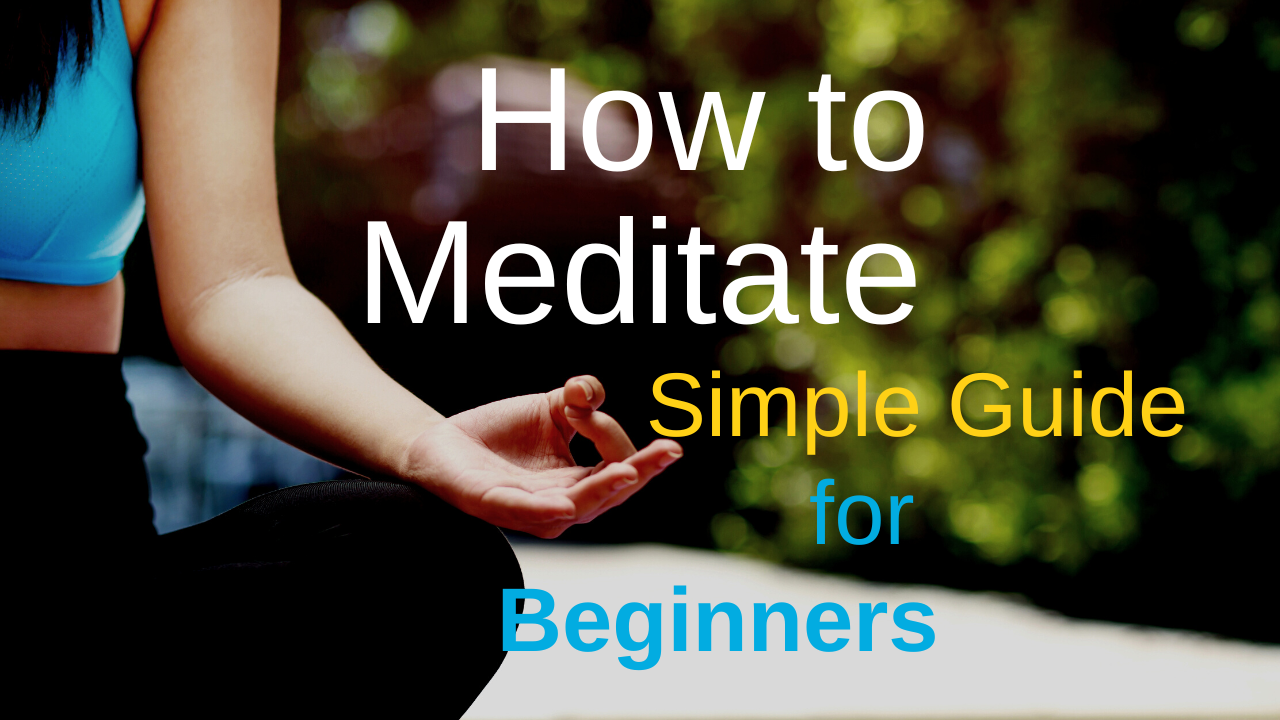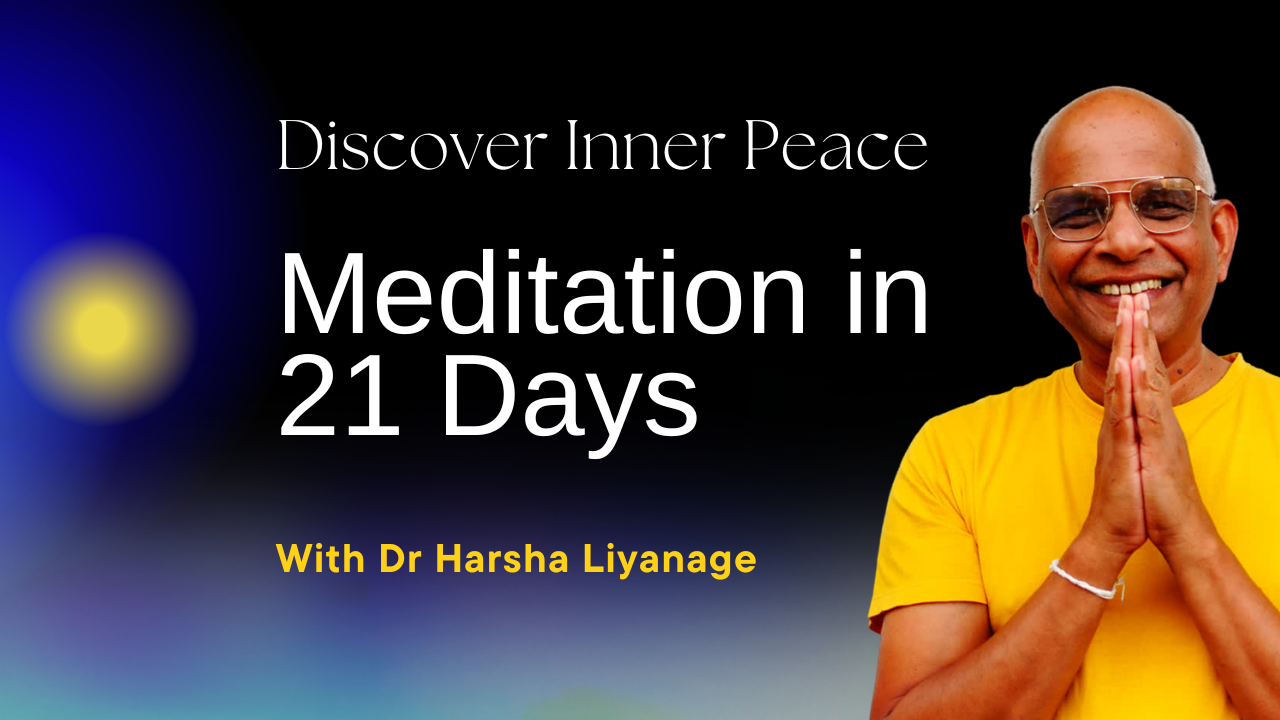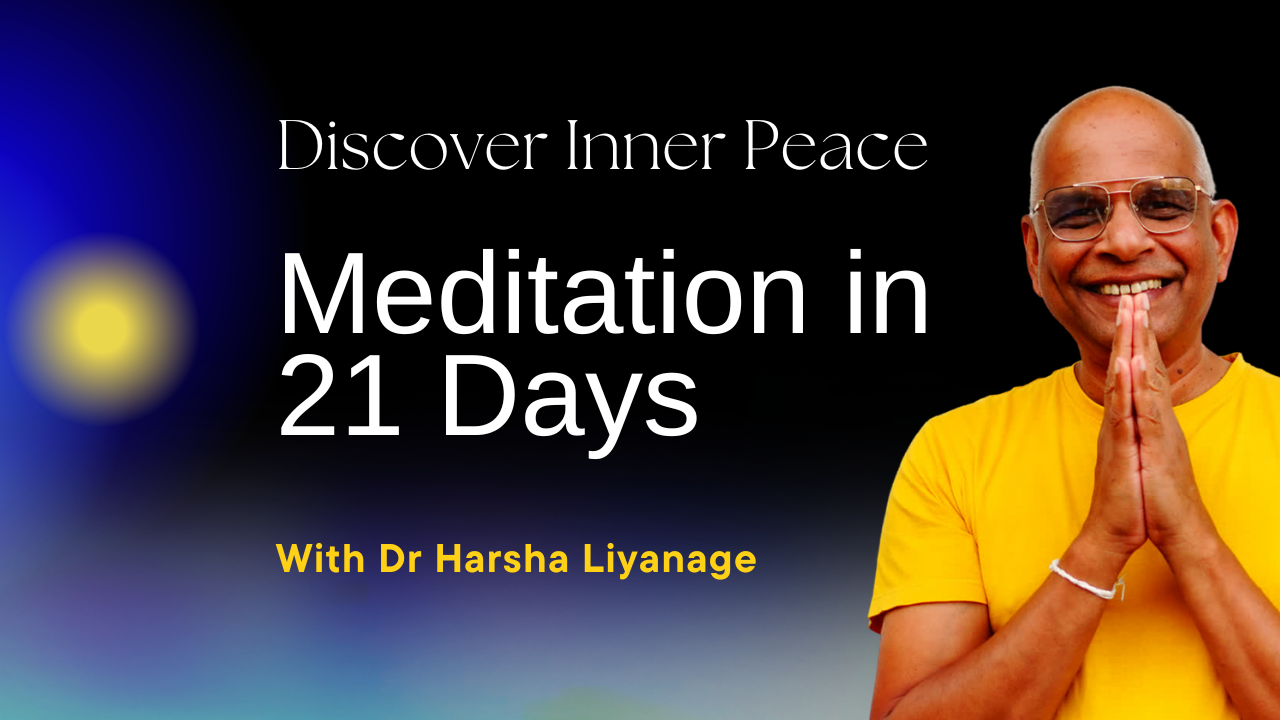How to Meditate: Simple Guide for Beginners
Oct 07, 2022
Meditation is not just a 21st-century fad. People have been meditating for centuries, and the practice is only growing in popularity. Meditation can reduce stress, ease anxiety, improve your immune system, decrease chronic pain, and reduce your cravings for alcohol or cigarettes. Aside from all these incredible advantages, meditation is an inexpensive activity you can do almost anywhere and anytime.
What is Meditation?
Meditation is a practice in which you turn your attention inward. You can do this by sitting silently, walking, doing yoga, or doing other activities. It can be done with or without the aid of specialised equipment such as Apps or music. It doesn't involve any particular belief system, either. For example, practising meditation doesn't need to be a Buddhist.
How to Meditate, 7 simple tips.
There are many ways to meditate. They all focus on bringing your attention to the present moment, letting go of distracting thoughts, and cultivating gratitude and self-love.
Here are seven tips to get you started:
- Pick a style of meditation that works for you. You may want to experiment with different meditation techniques to see which works best for you.
- Try meditating at the same time every day. This will help you build the habit.
- Focus on your breath. Close your eyes and breathe slowly, focusing on your breath as it enters and leaves your body.
- Let go of distracting thoughts. If a new thought comes into your head, acknowledge it and then let it go.
- Allow yourself to be in a state of "not thinking." This is about being open to whatever may come up for you during your meditation. Learn to maintain awareness.
- End with gratitude. Spend a few moments at the end of your meditation, acknowledging all of the things in your life for which you are grateful.
- Be patient and be kind to yourself. Meditation is a process, and it can take time to see its benefits.
Benefits of Meditation
Meditation has many benefits, including lower blood pressure, resting heart rate, reduced anxiety and depression, increased focus and immune system function.
Better sleep; Meditation can help you get to sleep faster, sleep more deeply, and experience more restorative REM sleep.
Reduced stress; Meditation can help lower your cortisol levels, which are responsible for your fight-or-flight response. A reduction in cortisol can help to reduce your stress levels.
Improved mood; Meditation doesn't just help lower stress levels, it can also help improve your mood by increasing serotonin and dopamine.
Improved focus; Meditation can help you get more in the present moment and less caught up in your thoughts and worries. This can help you be more present in your life and improve your focus.
How to Sit When Meditating
This will depend on the style of meditation you are doing. In general, you want to sit with an upright, straight back and with your knees below your hips. If you are sitting on a chair, you want to ensure that your feet are on the ground, thighs are parallel to the floor, and knees are below your hips. If you are sitting on the ground, you want to make sure that your knees are below your hips, your spine is straight, and your butt is lifted off the ground.
Learn How to Meditate in 21 Days: Effortless for Beginners with Dr Harsha Liyanage.
Which Style of Meditation is Best for Beginners?
There are so many types of meditation, and everyone is different, so it's really up to you to decide which is best for you. There are, however, a few general guidelines that may help you determine what type of meditation would be best for beginners.
- If you are very active or commute for long periods, you may want to try simple mindfulness meditation.
- You may want to try a sitting meditation if you are more static.
- If you want the benefits of mindfulness or want to ease into meditation with less expectation, you may want to try a loving-kindness (metta) meditation.
- Suppose you'd like to focus on something specific, like managing your stress or anxiety. In that case, you may want to try a breathing meditation.
Finding a Good Place to Meditate
This will depend on the type of meditation you are doing. For example, suppose you are doing a metta (loving-kindness) meditation. In that case, you can do it while doing everyday activities, like walking or washing dishes.
The practice of mindfulness meditation can be done while you engage in everyday activities, as long as you do not become distracted from it.
If you wish to cultivate meditation as a daily meditation practice, you may want to sit somewhere you know you won't be disturbed.
FAQ
- How long should my meditation be? This will depend on what is best for you, but many recommend 5-10 minutes for beginners.
- When should I meditate? Again, this will depend on what works best for you. Still, many recommend meditating first thing in the morning, after work, or before bed.
- How do I know if I'm doing it right? This is something you will come to know through experience. You may want to journal or keep track of your experiences during your meditation.
If you want to reap all of the benefits of meditation, you will want to ensure you are doing it right. Take a look at our beginners' course; Learning how to meditate in 21 days.


